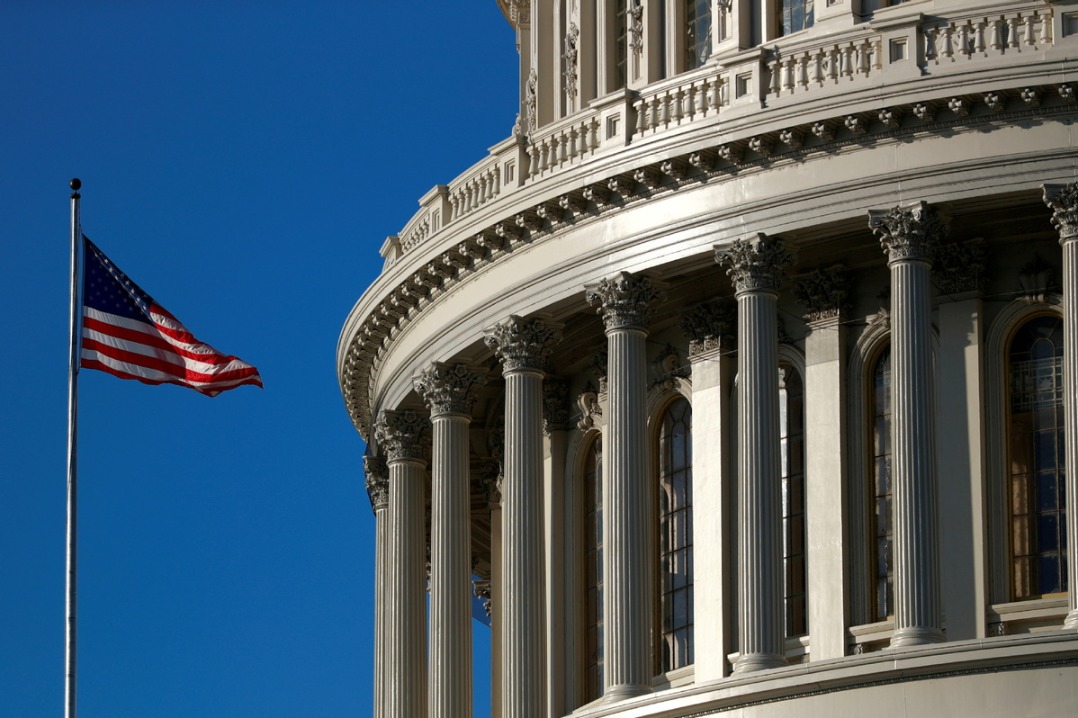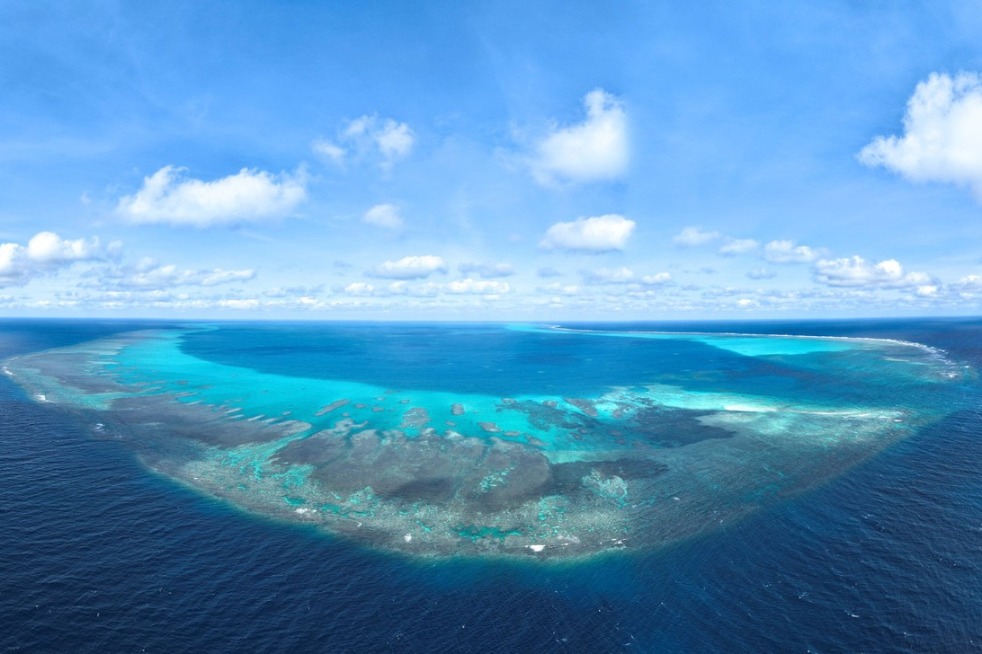It only takes one to make a reckless move, but the whole world will have to foot the bill: China Daily editorial

US President Donald Trump told senior aides he had approved attack plans on Iran, but he was holding off on giving the final order to see if Teheran would abandon its nuclear program, according to a Wall Street Journal report on Wednesday.
Referring to the destruction or dismantling of Iran's Fordow nuclear enrichment center, Trump said: "We're the only ones that have the capability to do it. But that doesn't mean I'm going to do it — at all."
No matter whether or not the United States employs its Massive Ordnance Penetrator — precision-guided "bunker buster" bombs — to try and destroy Fordow, dug beneath a mountain near the city of Qom, the US' direct participation in the Israel-Iran conflict will leave a complicated aftermath that might take it longer than the Iraq War or the Afghanistan War to deal with in a region from where the US has continually diverted its strategic input across several administrations.
Putting aside the consequences of a US-Iran war in the region and beyond, the possibility of a nuclear leak being triggered by the explosion of US bombs deserves worldwide concern. If so, will the US and/or Israel be held responsible for it?
Asked if he thought the Iranian government could fall as a result of the Israeli campaign, Trump said: "Sure, anything could happen." But the difference in the US' and Israel's goals for the conflict — regime change for Israel and denuclearization for the US — is something the Benjamin Netanyahu government has been trying to play down.
It is partly through projecting his administration as a peacemaker and accusing his predecessor of being the opposite that Trump won the presidential election in the US in November. Yet people's hopes that he can fulfill his promise of ending both the Gaza and Ukraine crises have yet to be fulfilled.
With the Israeli leader relentlessly trying to convince the US that its interests overlap with Israel's in the Middle East, the US president should be clearheaded that the US' direct participation in a conflict between Israel and Iran might prove to be the tail wagging the dog.
That the US has not become fully engaged militarily provides relevant parties a window of opportunity to press ahead with their diplomatic efforts to resolve the Iran nuclear issue, as the US president has indicated he is still open to talks with Iran. Trump said Iranian officials wanted to come to Washington for a meeting and that "we may do that", though he did add, "It's a little late".
The foreign ministers of Germany, France and the United Kingdom plan to hold nuclear talks with their Iranian counterpart on Friday in Geneva with the aim of persuading Iran to firmly guarantee that it will use its nuclear program solely for civilian purposes, a German diplomatic source told Reuters.
China too has stepped up its pro-peace efforts to help avoid further escalation of the situation.
In a telephone talk with his Russian counterpart on Thursday, President Xi Jinping pointed out that force is not the right way to resolve international disputes, as it will only intensify hatred and conflicts.
The parties to the conflict, especially Israel, should cease fire as soon as possible to prevent the situation from escalating and resolutely avoid the spillover of war. The indiscriminate use of force is unacceptable and the red line of protecting civilians in military conflicts must not be crossed at any time, Xi said.
The international community should therefore firmly insist on pushing the Iranian nuclear issue back onto the track of political settlement through dialogue and negotiation.
Foreign Minister Wang Yi had separate phone calls with his Egyptian and Omani counterparts on Wednesday, in which he called on all parties to the conflict to immediately cease fire and de-escalate the situation.
China supports the joint statement on the Israel-Iran conflict issued by 21 Arab and Islamic countries, and hopes that Arab and Islamic countries will unite and continue their efforts to push peace talks, Wang said.
The country stands ready to work with all peace-loving partners to enhance communication and coordination through multilateral platforms such as the United Nations, and will make every effort to push agreement on peace talks and reconciliation.
The international community, especially influential major countries, should uphold a fair position and a responsible attitude to create the necessary conditions for promoting a ceasefire and returning to dialogue and negotiation so as to prevent the regional situation from sliding into the abyss and triggering a greater disaster.


































